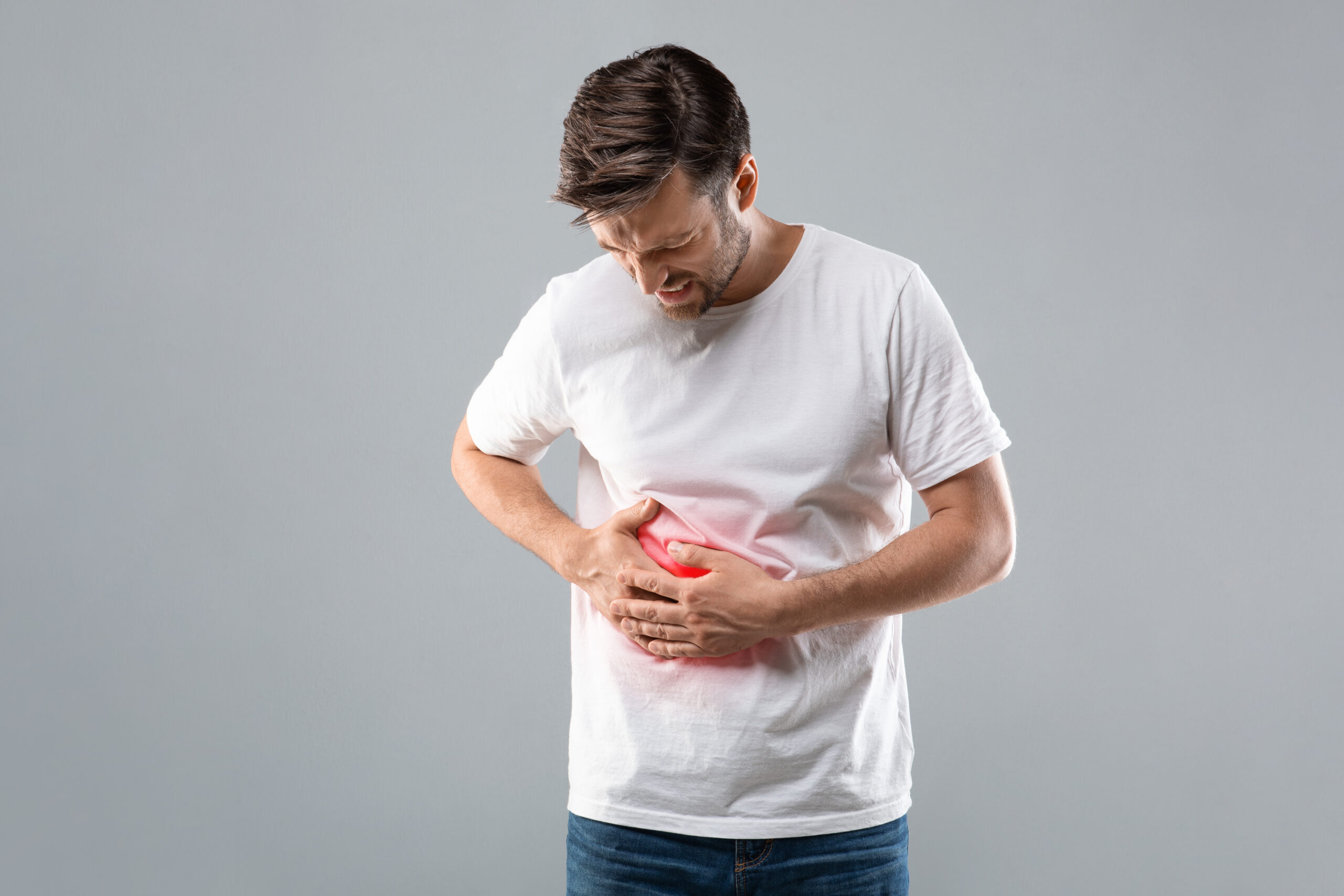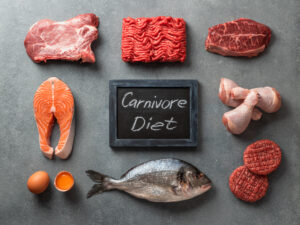The liver is an indispensable organ that plays a critical role in our body’s metabolism, detoxification, and immune system. Maintaining optimal liver health is paramount to our overall well-being, yet many individuals tend to overlook the necessary precautions. Liver disease has become a growing concern globally, with non-alcoholic fatty liver disease (NAFLD) emerging as one of the fastest-growing forms. However, the good news is that there are numerous straightforward and practical ways to keep your liver healthy. In this article, we will discuss twelve tried and true methods to maintain a healthy liver, encompassing personal hygiene, a sensible diet, regular exercise, avoidance of toxins, responsible alcohol consumption, prompt medical attention, and the importance of vaccinations against hepatitis A and B. By following these expert tips, you can take control of your liver health and mitigate the potential complications associated with liver disease.
- Prioritize Personal Hygiene: Start by cultivating good hand hygiene habits. Wash your hands thoroughly with soap and warm water as soon as you return home from the outdoors, after using the toilet, handling pets, and before cooking or eating. These simple practices can prevent the transmission of harmful pathogens.
- Maintain a Healthy Weight: If you are currently overweight or obese, you may be at risk of developing liver obesity, which can progress to non-alcoholic fatty liver disease (NAFLD). Shedding excess weight will play a pivotal role in reducing the accumulation of fat in your liver.
- Embrace a Balanced Diet: It is crucial to monitor your diet and make mindful choices. Limit your consumption of energy-dense foods, saturated fats, and refined carbohydrates. Instead, opt for a diet rich in fiber, which can be obtained from sources like berries, fruits, vegetables, wholemeal bread, and cereals. Include lean meats, dairy products, and prioritize the consumption of monounsaturated and polyunsaturated fats found in vegetable oils, nuts, seeds, and fish. Additionally, ensure you stay adequately hydrated by drinking plenty of water.
- Engage in Regular Exercise: Physical activity not only offers general health benefits, but it also promotes muscle development, bone strength, and aids in burning fat, including liver fat.
- Avoid Exposure to Toxins: Toxic substances can be detrimental to liver cells. Minimize direct contact with toxins found in cleaning and aerosol products, insecticides, and chemicals. Avoid smoking and the consumption of illicit drugs.
- Conexercise Responsible Alcohol Consumption: Alcohol can lead to a range of health problems, particularly liver-related issues. It has the potential to damage and destroy liver cells. It is important to understand that there is no safe level of alcohol consumption, and moderation is key.
- Steer Clear of Contaminated Needles: Be cautious not only when it comes to intravenous drug use but also in situations involving the penetration of the skin with sharp instruments or needles. Consult a medical practitioner and seek examination after such instances, especially during procedures performed by cosmetologists, tattoo artists, or piercers.
- Seek Medical Attention Following Blood Exposure: If you come into contact with another person’s blood for any reason, it is crucial to seek immediate medical attention. In cases of extreme concern, do not hesitate to visit the emergency department of the nearest hospital.
- Avoid Sharing Personal Hygiene Items: Items such as razors, toothbrushes, and nail clippers may carry microscopic droplets of blood or other bodily fluids that could be contaminated. To minimize the risk of infection, refrain from sharing these personal hygiene items.
- Practice Safe Sex: Engaging in unprotected sex or having multiple sexual partners can increase your risk of contracting hepatitis B and hepatitis C. Ensure the practice of safe sex through the use of appropriate protection methods.
- Adhere to Medication Prescriptions: Following the prescribed instructions for all medications is crucial to liver health. Taking medications incorrectly, whether for an extended period, incorrect dosage, or in combination with other medicines, can pose a risk to your liver. Never mix alcohol with medications, and inform your doctor about any over-the-counter medicines, dietary supplements, or herbal preparations you are using.
- Get Vaccinated: Take advantage of available vaccinations against hepatitis A and hepatitis B. These vaccines provide an effective means of protection. Unfortunately, there is currently no vaccine for hepatitis C virus.
By adopting these twelve expert-recommended strategies, you can actively safeguard your liver health and minimize the potential complications associated with liver disease. Remember, a healthy liver is key to overall well-being, so prioritize its care and make informed choices to maintain optimal liver function.
image sources
- Man holding his right side, suffering from liver pain: License Date: February 24th, 2023 Item License Code: PFAZSGWXE9




